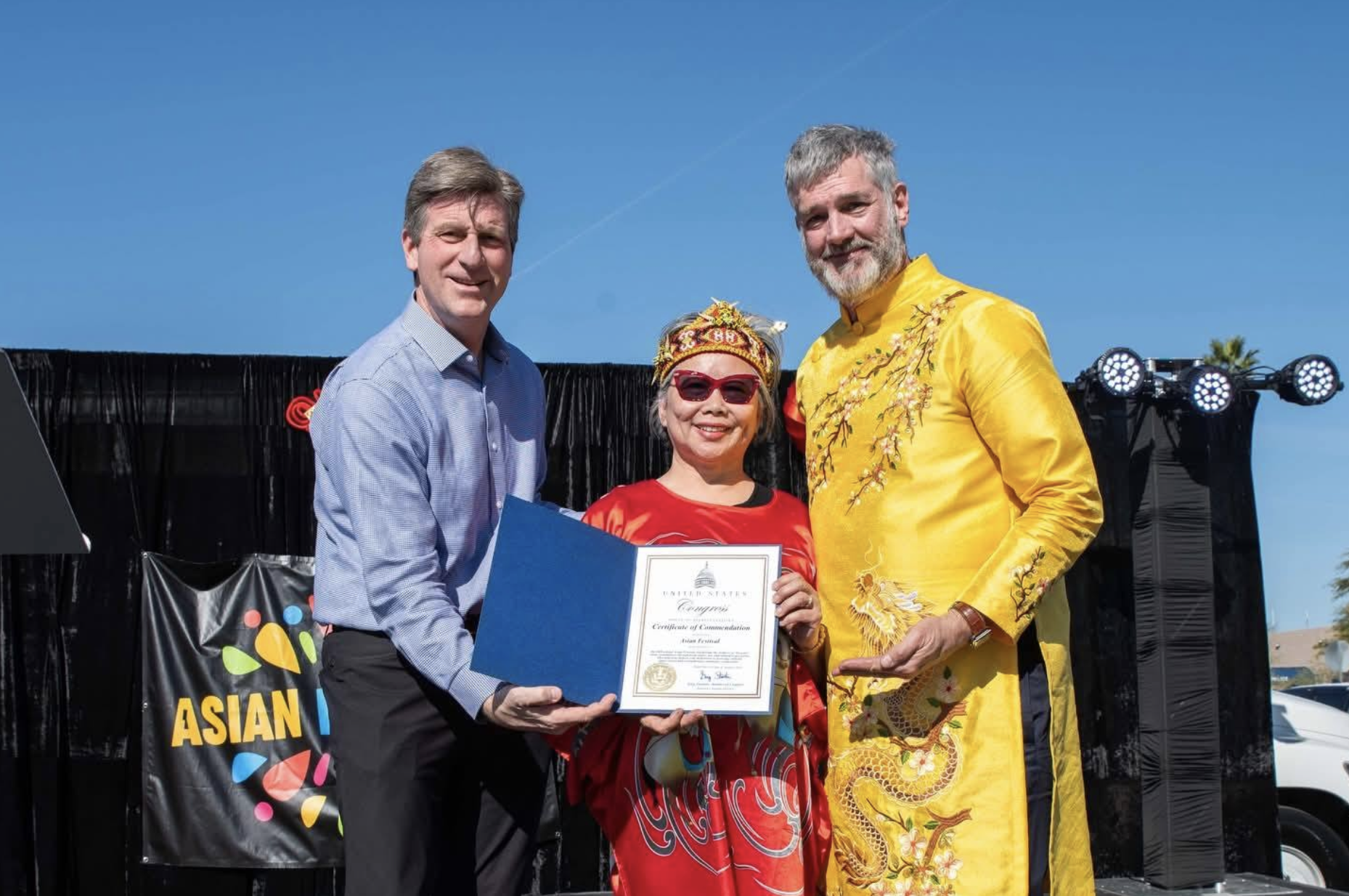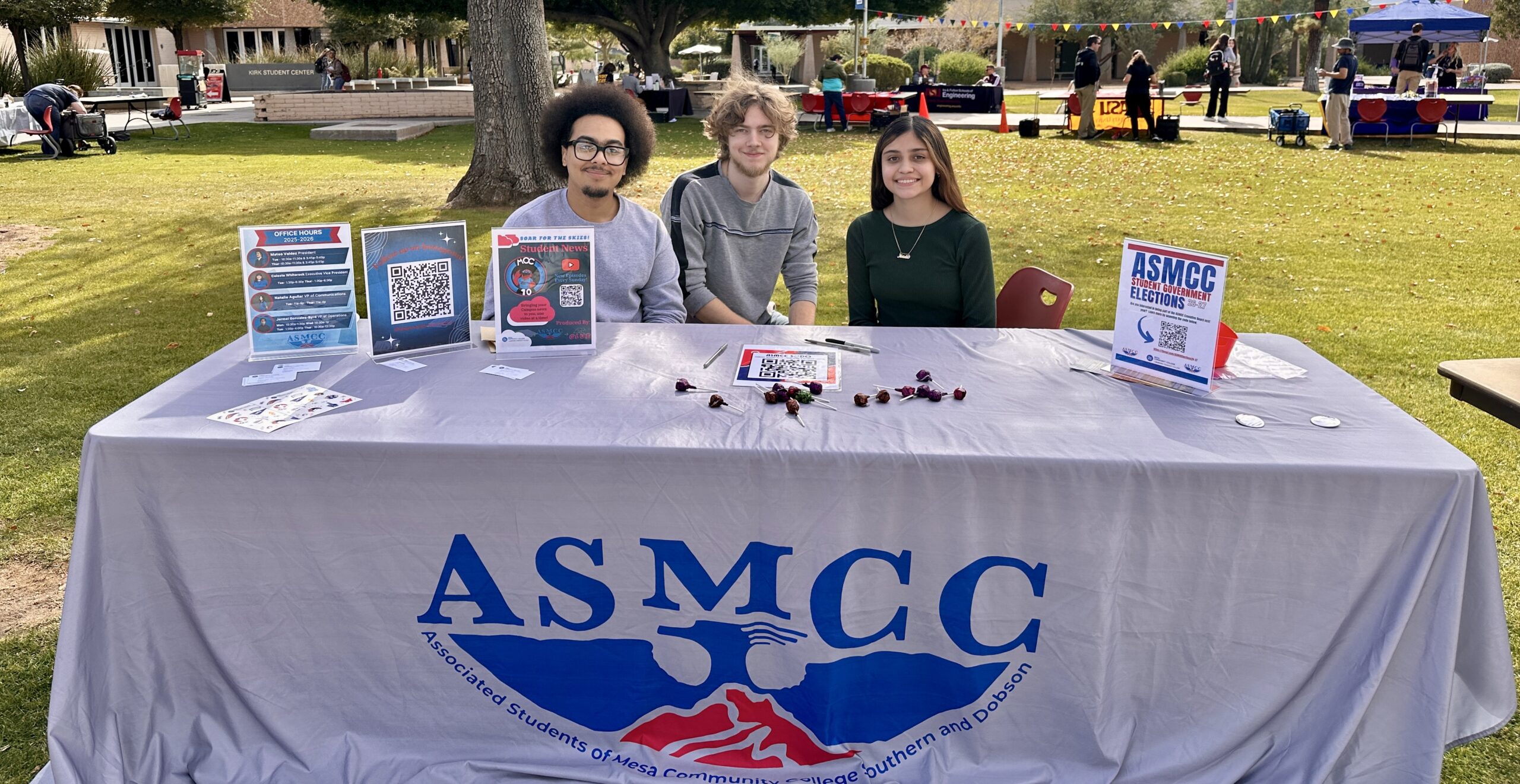Authors seek action against Amazon
By: Kian Hagerman
A coalition of writers working in various forms of media, have come together expressing issues with the actions of Amazon, one of the largest commerce companies online.
This group has been dubbed Authors United, and on Sept. 19 they sent a letter with a long list of signatures from authors including Stephen King, Anne Applebaum and Daniel Handler.
The letter states that Amazon has been using sanctions against Hachette Book Group, which have been detrimental to the sales of Hachette authors, driving them down “by at least 50 percent and in some cases as much as 90 percent.”
The dispute between Amazon and Hachette was sparked by the expiration of Hachette’s contract with Amazon, after which Amazon tried to negotiate for lower prices on Hachette books.
This was not accepted by Hachette, and in response, Amazon extended the original contract while including sanctions.
“So far it’s been good to me; it’s reliable,” said MCC student Saul Colazo. “When I buy something from Amazon they give me the company’s number. Amazon is just used to help companies.”
Some of the sanctions the letter mentions include “refusing preorders, delaying shipping, reducing discounting, and using pop-up windows to cover authors’ pages.”
“There are lots of buyers that put pressure on their vendors for better prices. I’m not convinced that it’s to the detriment of consumers,” said MCC economics professor Philip Benson. “In some ways consumers benefit.”
Benson likened the tactics to that of other companies.
“Look at Wal-Mart; they say ‘give us a good price, or there are lots of others standing in line,’” Benson said.
In the letter from Authors United to Amazon, it is pointed out that “because of Amazon’s immense market share and its proprietary Kindle platform, other retailers have not made up the difference.”
According to research from The Codex Group done in March, 65 percent of all book units sold online were sold by Amazon; this accounted for 41 percent of all new books purchased in 2013.
Though this doesn’t meet the 75 percent market share requirement of the Sherman Antitrust Act, Amazon’s revenue has increased year-over-year, according to the company’s annual income statement.
Profits for the company have also risen, with a posting of more than $20 billion in gross profit for 2013 compared to about $15 billion in 2012 and is projected to increase again for 2014.
“Why wouldn’t a business want to sell a product if it adds to their profit?” Benson asked
There have also been concerns that the tactics Amazon has applied are a form of censorship, suppressing the speech of authors; this is expressed in the letter as well.
“Efforts to impede or block the sale of books have a long and ugly history,” the letter reads. “Would you, personally, want to be associated with this?”
Benson did not think this line of reasoning rung true.
“I don’t agree with it being censorship, if they have other sellers available,” Benson said.
Starting out as an online bookstore, Amazon owes much of its success to authors according to another letter by Authors United, this one addressed to readers.
“Many of us have supported Amazon since it was a struggling start-up. Our books launched Amazon on the road to selling everything and becoming one of the world’s largest corporations.”
The group is calling on Amazon to end the sanctions as well as overall dispute with Hachette.









